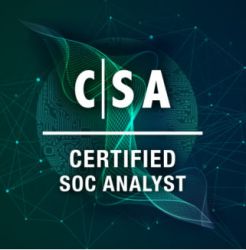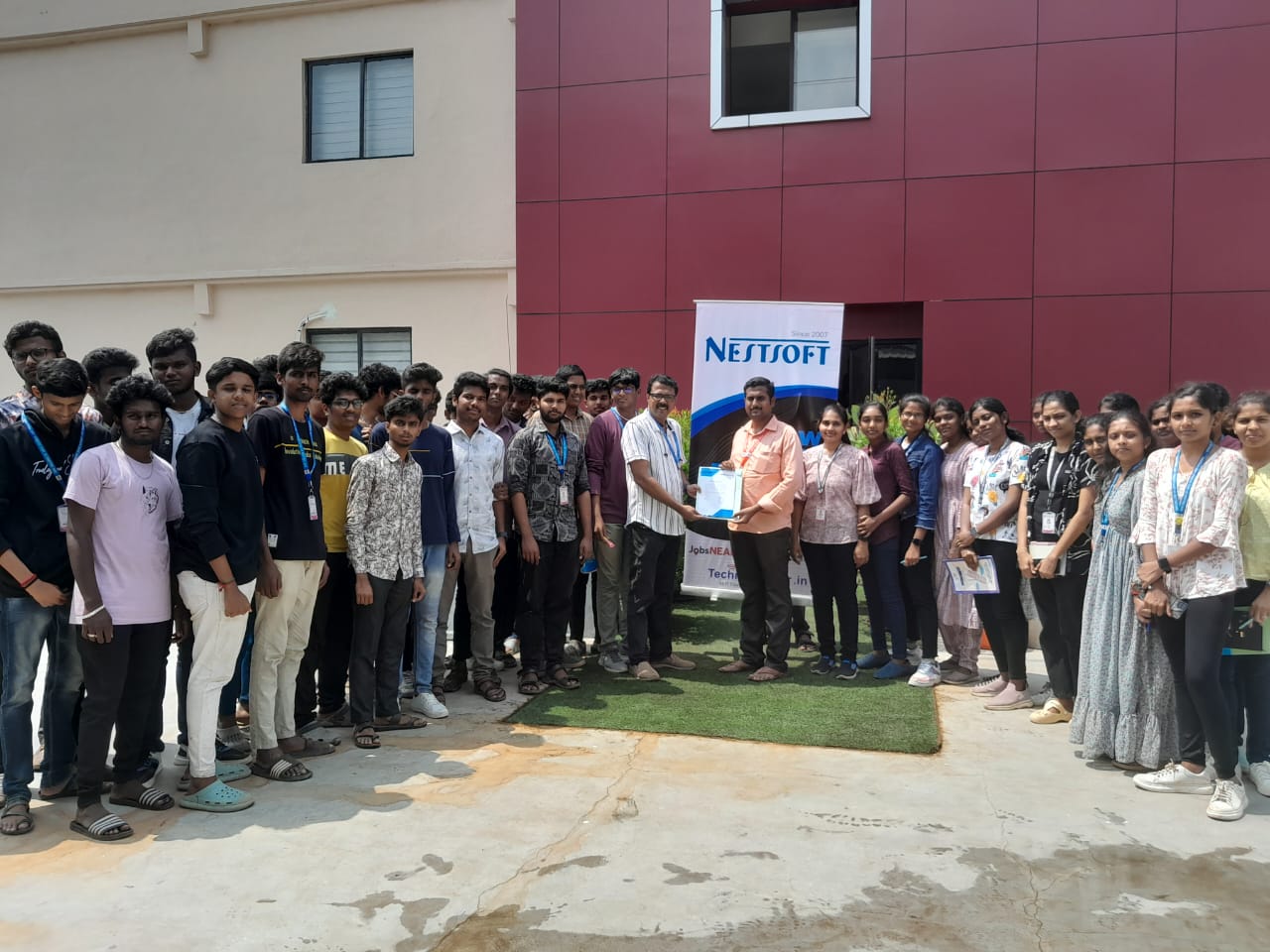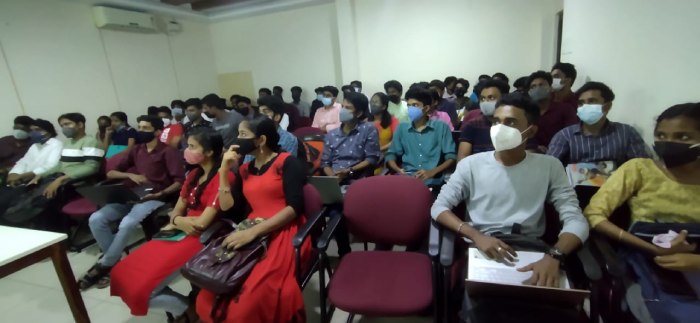SOC Analyst Training by Experts
Our Training Process

SOC Analyst - Syllabus, Fees & Duration
Introduction to Cybersecurity
- Basics of cybersecurity
- Common cyber threats and attack vectors
Networking Fundamentals:
- Understanding TCP/IP
- Network protocols
- Firewalls, routers, and switches
Operating Systems
- In-depth knowledge of Windows, Linux, and possibly macOS
- File systems and permissions
Security Technologies
- Antivirus and anti-malware solutions
- Intrusion detection/prevention systems (IDS/IPS)
- Security information and event management (SIEM) systems
Incident Response
- Incident detection and analysis
- Incident classification and escalation
- Incident documentation and reporting
Threat Intelligence:
- Understanding threat intelligence
- Integrating threat intelligence into daily operations
Security Monitoring:
- Log analysis
- Network traffic analysis
- Endpoint security monitoring
Vulnerability Management
'- Identifying and prioritizing vulnerabilities
- Patch management
Security Policies and Compliance
- Understanding security policies and procedures
- Compliance standards and regulations
Hands-on Labs and Simulations
- Practical exercises & simulations for real scenarios
- Use of cybersecurity tools in a controlled environment
Soft Skills
- Communication and collaboration
- Analytical thinking and problem-solving
This syllabus is not final and can be customized as per needs/updates





 The duration of SOC analyst training programs in Washington can vary based on factors such as the depth of content, the training format (full-time, part-time, online, on-site), and the prior experience of participants.
What does a cyber security analysts do?
A cybersecurity analyst is a professional responsible for protecting an organization's computer systems and networks from security breaches and cyber threats. Make recommendations for improvements based on audit findings. Industry-recognized certifications, such as CompTIA Security+, Certified Information Systems Security Professional (CISSP), or Certified Ethical Hacker (CEH), may also be part of the training or pursued separately. Cybersecurity analysts play a crucial role in maintaining the confidentiality, integrity, and availability of an organization's information assets. Vulnerability Assessment:Conduct regular vulnerability assessments to identify weaknesses in the organization's systems and networks. Prioritize and address vulnerabilities to reduce the risk of exploitation. Stay updated on changes in cybersecurity laws and regulations. Collaboration with IT Teams:Work closely with IT teams to integrate security measures into the development and maintenance of systems and applications. .
The duration of SOC analyst training programs in Washington can vary based on factors such as the depth of content, the training format (full-time, part-time, online, on-site), and the prior experience of participants.
What does a cyber security analysts do?
A cybersecurity analyst is a professional responsible for protecting an organization's computer systems and networks from security breaches and cyber threats. Make recommendations for improvements based on audit findings. Industry-recognized certifications, such as CompTIA Security+, Certified Information Systems Security Professional (CISSP), or Certified Ethical Hacker (CEH), may also be part of the training or pursued separately. Cybersecurity analysts play a crucial role in maintaining the confidentiality, integrity, and availability of an organization's information assets. Vulnerability Assessment:Conduct regular vulnerability assessments to identify weaknesses in the organization's systems and networks. Prioritize and address vulnerabilities to reduce the risk of exploitation. Stay updated on changes in cybersecurity laws and regulations. Collaboration with IT Teams:Work closely with IT teams to integrate security measures into the development and maintenance of systems and applications. .


















































































